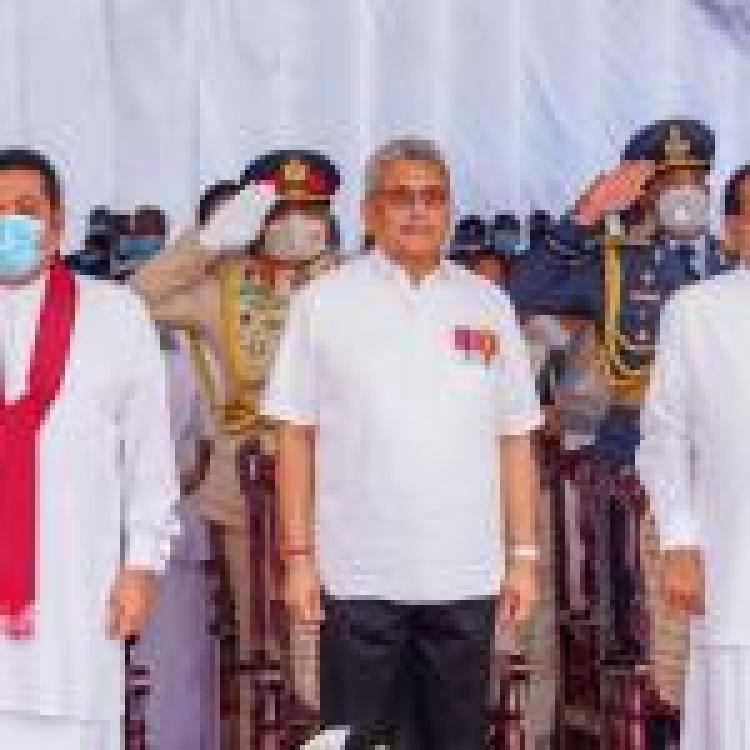Britain’s minister of state at the Foreign, Commonwealth and Development Office said his government maintains that UN Human Rights Council (UNHRC) resolutions on Sri Lanka “remain the best framework for establishing truth and achieving justice and lasting reconciliation following the conflict in Sri Lanka”.
Responding to a question from parliamentarian Wes Streeting on steps the UK's Mission in Geneva is taking to prepare for a new UN Human Rights Council resolution on Sri Lanka, Nigel Adams said “the UK has long supported efforts to promote peace and reconciliation in Sri Lanka, including in our role as penholder on Sri Lanka at the UN Human Rights Council in Geneva”.
“We firmly believe that UNHRC resolution 30/1, and its successor resolutions 34/1 and 40/1, remain the best framework for establishing truth and achieving justice and lasting reconciliation following the conflict in Sri Lanka,” he added. “The UK's Mission in Geneva made this clear in statements delivered on behalf of the Core Group on Sri Lanka at the UNHRC in February, June and September.”
Adams highlighted Minister of State for South Asia and Minister for Human Rights, Lord Ahmad’s conversations with Sri Lanka’s foreign minister, adding “we will continue to engage with the Government of Sri Lanka to underline the importance we attach to this issue”.
“Ahead of the March 2021 session of the UNHRC, we will also continue to work with our international partners and with the HRC on how best to take forward this longstanding priority for the UK,” he concluded.
The Sri Lankan government has repeatedly rejected the UN Human Rights Council resolutions, which called for the creation of a hybrid accountability mechanism for mass atrocities, and earlier this year withdraw from sponsoring any further moves at the global body.
Sri Lanka’s president warned earlier this year that if prosecutions of Sri Lankan soldiers were pursued, he would remove his government from various global bodies.

